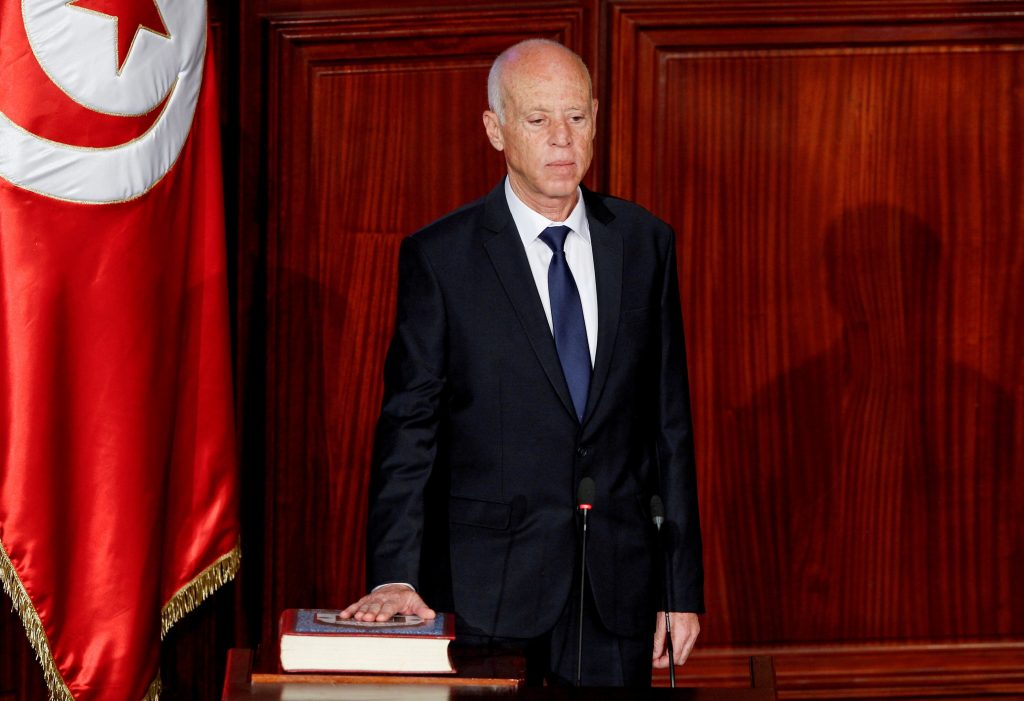The Human Rights Watch (HRW) has called on the Tunisian government to cease what it describes as political interference in the upcoming presidential election, scheduled for 6 October. In a statement released yesterday, HRW urged Tunisian authorities to halt politically motivated prosecutions and ensure free and fair elections.
Despite President Kais Saied’s repeated assurances that Tunisia’s judiciary operates independently and without interference, opposition figures accuse him of using the legal system to target his rivals and potential challengers in the presidential election. HRW’s Deputy Middle East and North Africa Director, Bassam Khawaja, criticised the government’s actions, stating, “After jailing dozens of prominent opponents and activists, Tunisian authorities have removed almost all serious contenders from the presidential race, reducing this vote to a mere formality.”
Khawaja urged the Tunisian government to cease its political intervention in the electoral process, undo repressive actions, and permit opposition candidates to partake in the vote.

HRW reports that at least eight prospective candidates have been convicted and sentenced to prison or handed lifetime bans from running since the start of the electoral period on 14 July. Others have faced harassment and intimidation.
Among those affected are key political figures, including former Health Minister and head of the Action and Achievement Party Adellatif Mekki, TV host Nizar Chaari, former judge Mourad Messaoudi, and retired military Colonel Mohamed Adel Dou.
Also impacted are academic Leila Hammami, rapper and businessman Karim Gharbi, head of the Free Destourian Party Abir Moussi, and head of the Republican Union Party Lotfi Mraihi.
Out of the 17 candidates who declared their intention to run, the electoral commission has only approved three: current President Kais Saied, Secretary-General of the People’s Movement Zouhair Maghzaoui, and head of the Azimoun Movement Ayachi Zammel.
The National Salvation Front, Tunisia’s largest opposition coalition, announced in April that it would not participate in the elections, arguing that the conditions for fair competition were not present. However, authorities insist that the elections will be conducted with integrity, transparency, and fairness.
Since 25 July 2021, President Saied has consolidated nearly total power after dismissing the prime minister, suspending parliament, and assuming executive authority, citing a national emergency. Saied has denied accusations of a coup, asserting that his actions are constitutional measures aimed at safeguarding the state.


